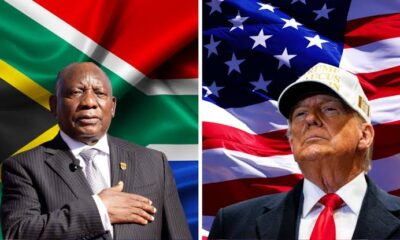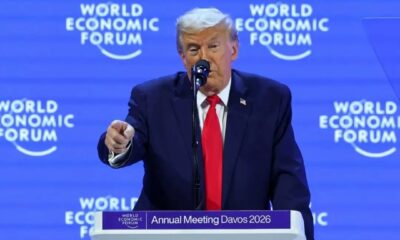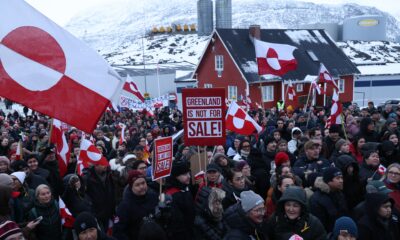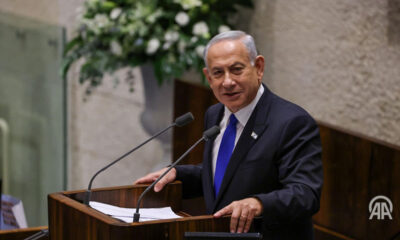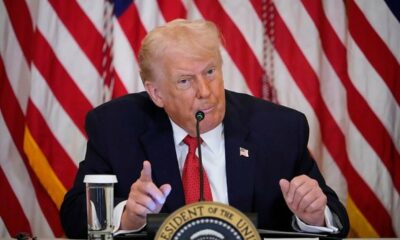Business
Trump Pushes ‘Trade Over Aid’ at Africa Summit, Eyes Critical Minerals and Market Access
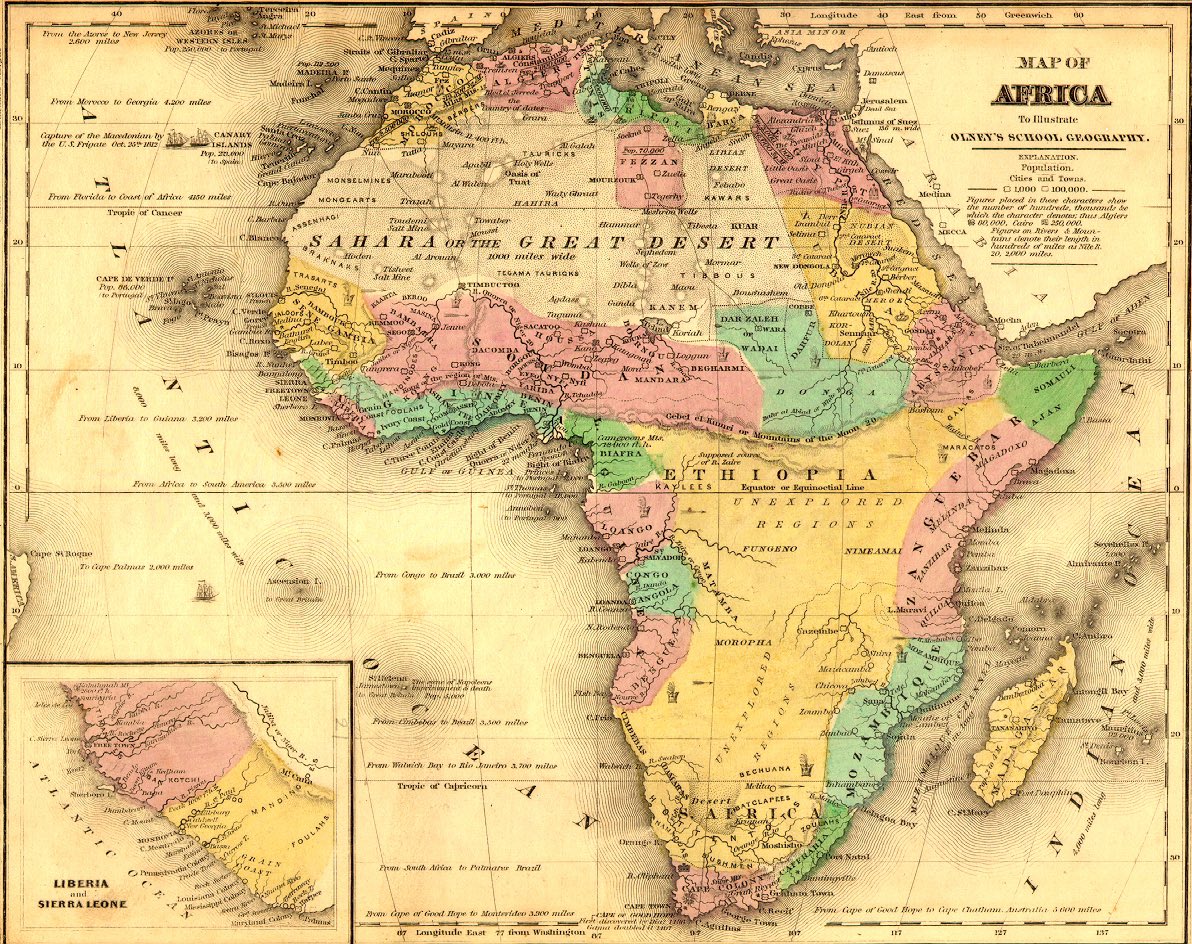
At a tightly timed White House summit, Trump champions business-first ties with Africa while hinting at tariff exceptions, but skips the continent’s biggest economies.
In a carefully staged but briskly executed summit, US President Donald Trump hosted five African heads of state at the White House this week, marking a new phase in his administration’s “trade over aid” pivot in US-Africa relations. Leaders from Gabon, Guinea-Bissau, Liberia, Mauritania, and Senegal were welcomed as potential economic partners, not aid recipients, in what Trump called “a smarter, more sustainable path to mutual growth.”
“There’s tremendous wealth and potential across Africa,” Trump told his guests. “We’re shifting from aid to trade. In the long run, this will be more effective and beneficial.”
But while Trump hailed the five nations as “friends,” observers couldn’t help but note the absence of the continent’s economic giants like South Africa and Nigeria, both currently facing hefty US tariffs and stalled bilateral negotiations.
A Friendly Fee and the Rest?
The five nations represented at the summit have a combined GDP of just $75 billion, yet they’re rich in untapped critical minerals, energy reserves, and strategic access points. That, analysts say, is why they were invited.
What they lack in economic muscle, they make up for in natural resources and in political alignment with Washington. Trump hinted these countries may be exempted from the upcoming 30% reciprocal tariffs hitting other African nations, calling them “friends of mine now.”
His praise of Liberia’s President complimenting his English, drew social media backlash, with critics accusing Trump of patronizing rhetoric and low engagement with African realities.
“He praises Liberia’s English, then rushes through the meeting,” said one Twitter user. “This isn’t partnership, it’s extractive diplomacy.”
Behind the Politeness: A Hard Pivot to Minerals
Trump’s real focus? Mineral access, not aid missions.
As the US seeks to wean itself off Chinese critical mineral supply chains, Africa’s underdeveloped mining sectors have become prime targets for American capital. The summit’s undercurrent was clear: if you’ve got lithium, cobalt, manganese, or uranium, let’s talk.
-
Liberia touted a new $1.8 billion deal with Ivanhoe Atlantic to upgrade railway lines for mineral exports.
-
Gabon, the world’s second-largest manganese producer, hopes to expand local processing to spur job growth.
-
Guinea-Bissau is opening bauxite fields to Russian and possibly US exploration, while battling cocaine cartels with US DEA support.
-
Mauritania and Senegal, meanwhile, are targeting natural gas exports, with Senegal also pursuing $1.7 billion in digital infrastructure.
These countries form a new tier of resource-driven partners, potentially opening new trade routes, but critics say it’s coming at the cost of more inclusive diplomacy.
Where’s South Africa? And What About Agoa?
The elephant not in the room was South Africa, which Trump excluded, likely due to ongoing trade tensions over a 30% tariff on South African goods set to take effect August 1. Trump’s administration argues the country is “no longer a fair player,” even as it hosts strategic US investments and exports autos, citrus, and minerals.
The African Growth and Opportunity Act (Agoa), which has allowed many African nations duty-free access to the US market, now hangs in the balance, due to expire next year and unlikely to be renewed without major revisions.
“This summit was clearly about transactional diplomacy,” said Professor Raymond Parsons of NWU Business School. “It’s a shift from partnership to procurement.”
Trade, Security and the Shadow of China
The summit wasn’t just about business. Trump also urged the Sahel-bordering nations, all but Gabon to “invest more in defence,” strongly implying future US arms deals. This comes as the US scales back military bases in the region following fractured ties with Niger, Burkina Faso and Mali.
Analysts say the US is using this smaller summit to reassert influence in a region where China and Russia are gaining ground. Beijing has ramped up its loans, tech infrastructure, and mineral projects, while Russia is increasingly active in Sahelian security operations.
“This is the US trying to win back ground it’s lost,” said foreign policy analyst Lerato Mokoena. “But charm offensives won’t erase the damage done by aid cuts and tariff threats.”
A Missed Opportunity?
The summit although diplomatically polite, left many Africans and diaspora observers underwhelmed. The president kept his interactions short, and notably avoided answering questions on whether he would visit the continent.
“Africa is rising,” said a Johannesburg-based economist. “But the US can’t show up once every four years with a checkbook and expect loyalty. Partnership requires presence.”
Trump’s “friends-first” approach might win short-term deals. But without a deeper shift in tone, policy consistency, and regional respect, the long game in Africa may still belong to someone else.
{Source: Club of Mozambique}
Follow Joburg ETC on Facebook, Twitter , TikTok and Instagram
For more News in Johannesburg, visit joburgetc.com

